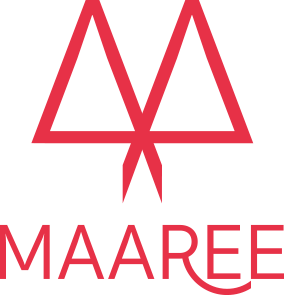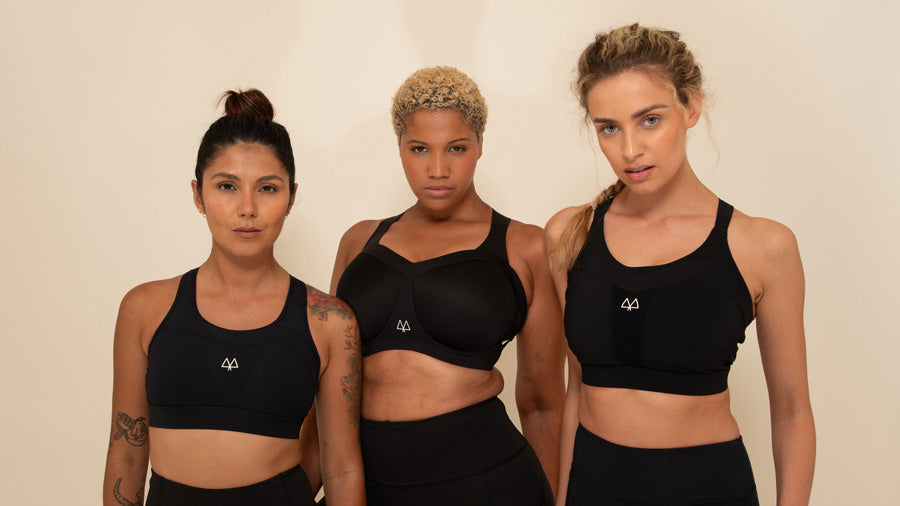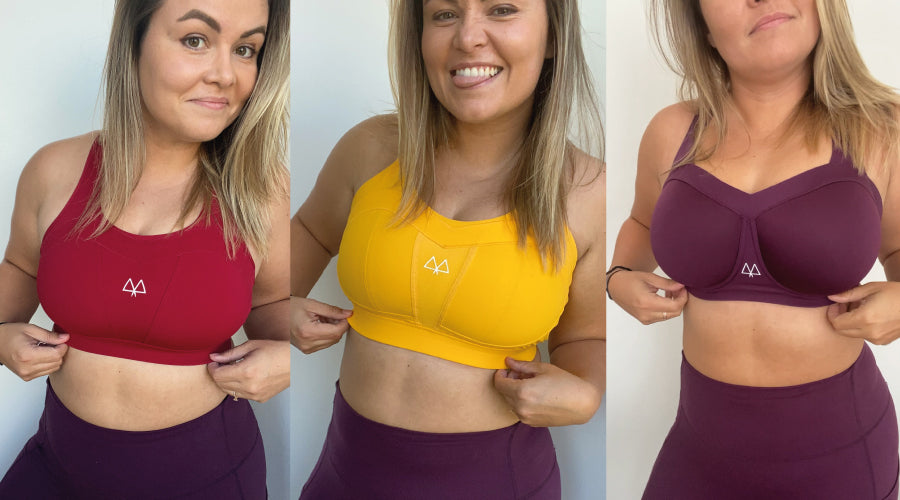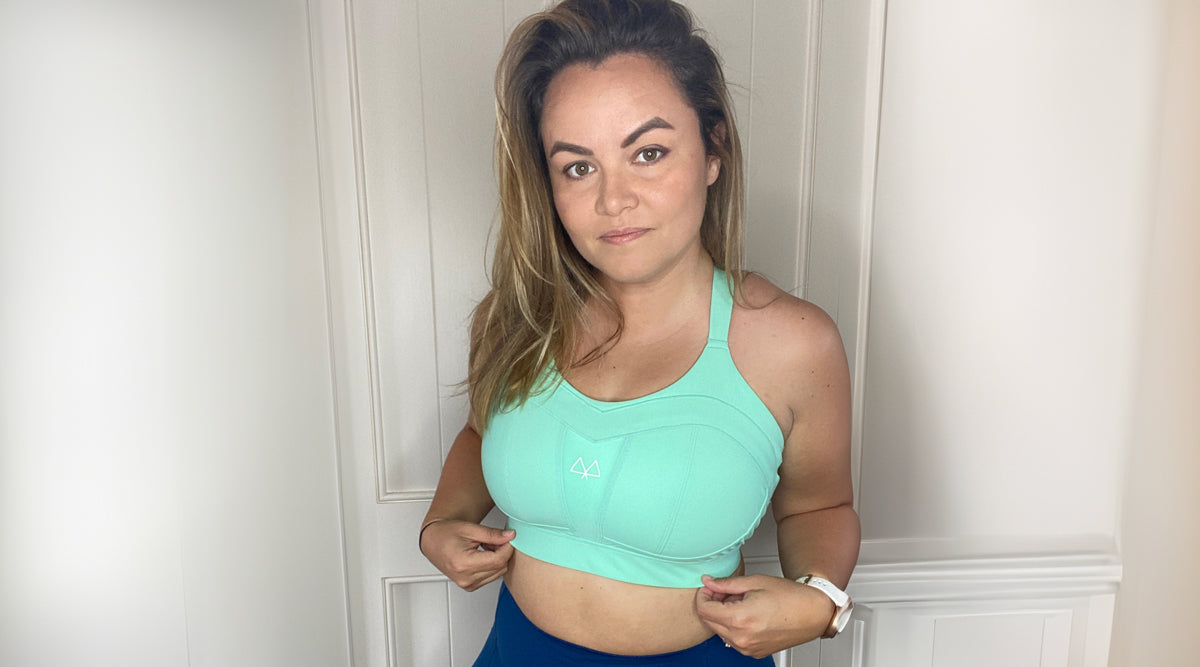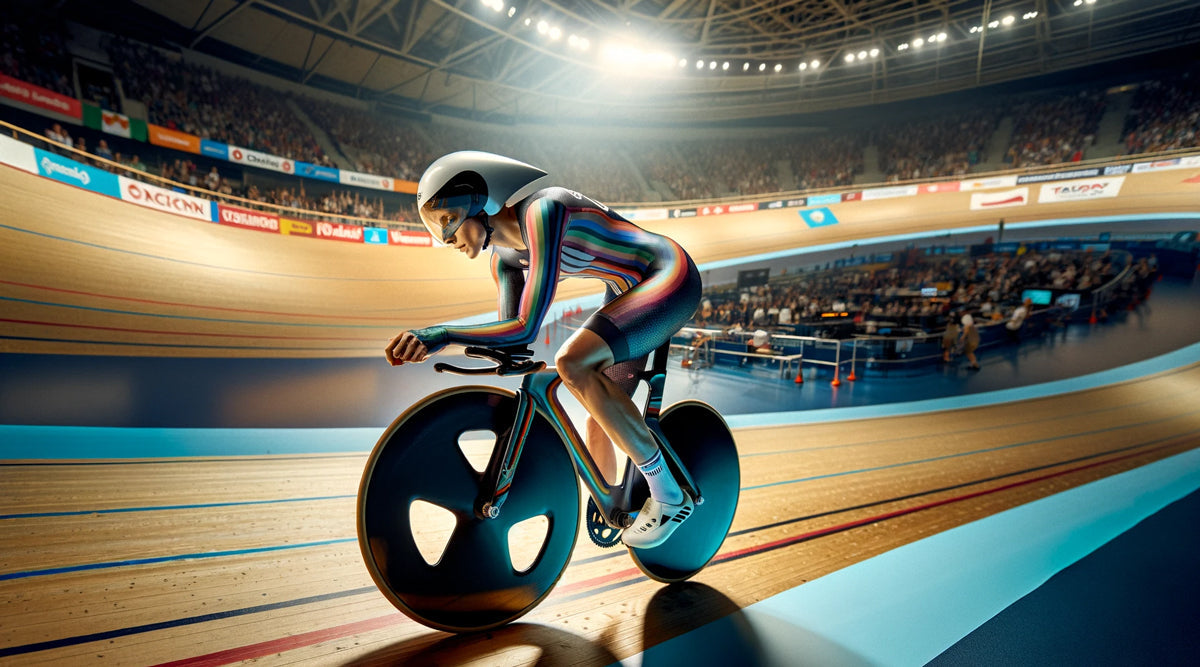
Understanding Red-S: A Call to Action for Women in Sports
Empowering Women Athletes Through Awareness and Support
In the world of sports, the pursuit of excellence often pushes athletes to their physical limits. However, this drive for peak performance can sometimes overshadow crucial aspects of health and well-being. A striking example of this is the condition known as Relative Energy Deficiency in Sport (Red-S), which poses significant risks to women athletes, impacting not just their careers but their overall health and quality of life.
The Hidden Challenge of Red-S
Red-S occurs when athletes expend more energy in training than they consume through food and drink. This energy imbalance can lead to a myriad of health issues, including decreased oestrogen levels and missed menstrual cycles. For women athletes, the absence of periods is not just a sign of potential reproductive challenges but also an indicator of broader health risks associated with Red-S.
Great Britain's most successful female Olympian, Dame Laura Kenny, has shed light on this often-overlooked issue in the athletic community. Despite not having Red-S herself, Kenny has engaged in many conversations with fellow athletes who have suffered from this condition. Her insights reveal a worrying trend: the lifestyle of intense training and insufficient energy intake can lead to struggles with fertility and overall well-being.
The Silent Struggle
The BBC's coverage of this issue, including interviews with athletes like Anna Boniface, Bobby Clay, Pippa Woolven, and Evie Richards, highlights the widespread but often unspoken challenges faced by female athletes. The Female Athlete Health Report 2023 from Project Red-S and Kyniska Advocacy found that 36% of UK athletes have knowingly ignored missed periods, mistaking it as a normal consequence of being active.
Breaking the Taboo
One of the key barriers in addressing Red-S is the taboo surrounding menstrual health in sports. Athletes, like Laura Kenny, who can openly discuss their menstrual cycles with their coaches are still the exception rather than the norm. This silence around such a crucial aspect of women’s health not only perpetuates ignorance but also hinders the development of effective support systems.
MAAREE's Role in Supporting Women Athletes
At MAAREE, our mission is to empower women to achieve their potential, which includes advocating for their health and well-being. Understanding and addressing issues like Red-S is crucial in our journey towards closing the gender gap in sports participation and empowering women to exercise worry-free.
Our Call to Action
- Educate and Raise Awareness: Providing information about Red-S and its implications on women’s health is crucial. Awareness can lead to early detection and prevention.
- Foster Open Dialogues: Encouraging open conversations about menstrual health and its impacts on performance and well-being can help destigmatise this issue.
- Advocate for Supportive Environments: Promoting environments where athletes feel comfortable discussing their health concerns with coaches and medical professionals.
- Holistic Approach to Training: Emphasising the importance of a balanced approach to nutrition and training, ensuring that athletes are not just performing at their best but are also healthy and well.
Where can I can find out more?
The Project RED-S website is a comprehensive resource focused on the issue of Relative Energy Deficiency in Sport (RED-S). It offers a wide range of information, including an overview of RED-S, its symptoms, causes, and impacts on athletes' health and performance. The site provides educational resources, athlete stories, and advice on prevention and management of RED-S. It emphasises the importance of awareness and support for athletes dealing with this condition. For detailed information, you can visit their website.
In Conclusion
As a community dedicated to supporting women in sports, it's our responsibility to shine a light on issues like Red-S and advocate for change. By providing the right tools and support, we can help women lead fierce and powerful lives, both in and out of the sporting arena.
Disclaimer: This blog aims to raise awareness about Red-S and is not intended as medical advice. Athletes experiencing symptoms or concerns should seek professional medical consultation.
